Blog Page

Building Capacity for Monitoring & Documenting Human Rights Violations
The purpose of this assessment is to evaluate the efficacy of strategies used by HRPs/HRMOs for communicating during blackouts. The goal of this project envisages to see a ZimbabweanCivilSociety that is prepared to document and monitor human rights violations without hiccups during internet shutdowns.

Evaluating the Efficacy of State-Imposed Telecom Shutdowns in Northwest Nigeria
This article casts doubt on the shutdowns' effectiveness in curbing banditry, exposing alternative explanations for any temporary decrease in attacks. It questions the legitimacy of justifying these shutdowns as effective counter-terrorism measures, advocating for alternative approaches that prioritize community engagement, human rights, and development initiatives to address the root causes of insecurity and foster lasting peace in Northwestern Nigeria and Nigeria at large.

Impact of the Twitter Ban in Nigeria
This post is a research study on the impact of the Twitter ban in Nigeria on Human Rights Monitoring, Advocacy and Creativity. Read more.
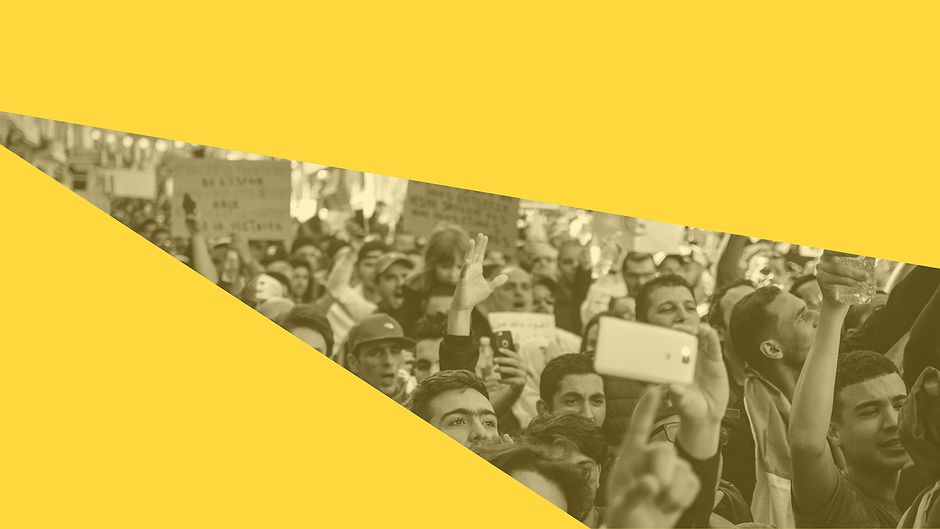
Four Free Toolkits to Fight Internet Shutdowns
Let’s tell you a little bit more about each toolkit!
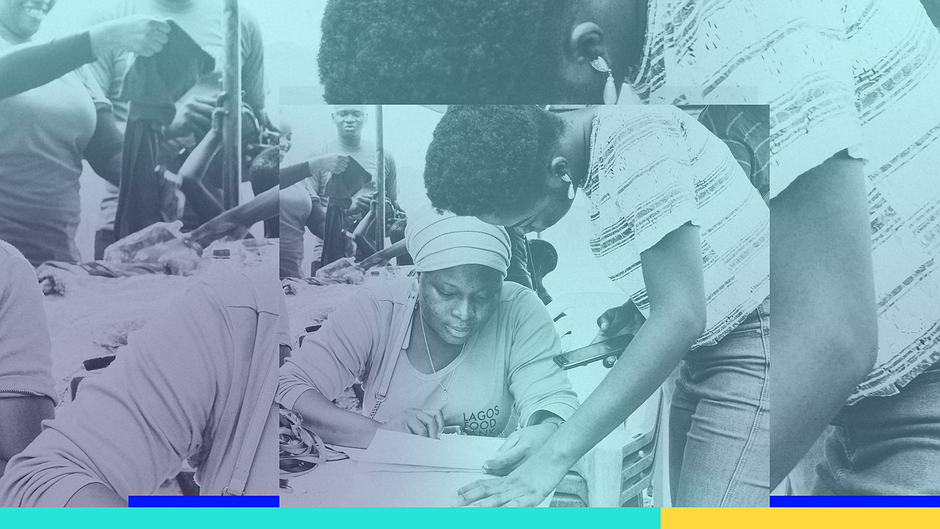
The Impact of Internet Disruptions on Farmers in Nigeria
In Nigeria’s Northwestern Sokoto State, farm workers grapple with geopolitical challenges, shifting climate realities, and economic turbulence. However, they now face a new, growing threat: a troubling rise in internet disruptions, which threatens their ability to work in an increasingly digitally connected world. Read more.

Central Asian Network of Internet Activists
Central Asian Network of Internet Activists (CANIA) is a network of dedicated researchers and activists with a passion for digital rights, security, and development. Originating from Central Asia, they understand the challenges of internet accessibility and the pivotal role of the internet in economic advancement. CANIA’s efforts centre around increasing awareness of pressing issues like data privacy, internet accessibility, digital literacy... read more.

Investing in the Fight Against Digital Authoritarianism in Senegal
On February 3, Senegal’s President Macky Sall announced a delay of the much-anticipated presidential elections, originally planned for February 25, in what some are calling a “constitutional coup.” Protests erupted, and the government imposed a mobile internet shutdown. Read more...

Get certified: Introducing AASA Certificates for Internet Freedom Advocates
The Advocacy Assembly Internet Shutdown Academy (AASA) is now offering certificates to online learners who successfully complete all ten courses in our shutdown academy program!
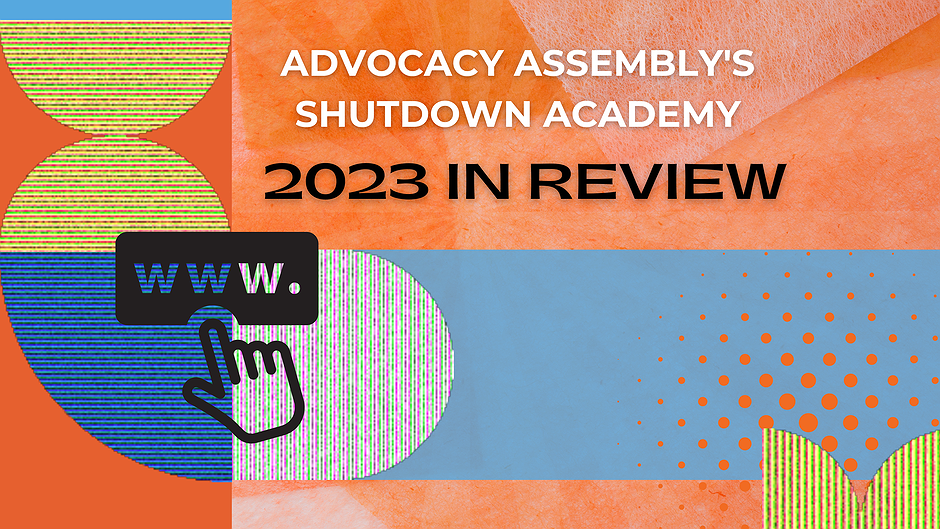
Advocacy Assembly's Shutdown Academy 2023 in Review
In 2023, Advocacy Assembly's Shutdown Academy made significant progress in advancing digital rights and combating internet shutdowns globally. We are proud to share with you the key milestones and initiatives that shaped our year, highlighting the activities that we have done over the past year.
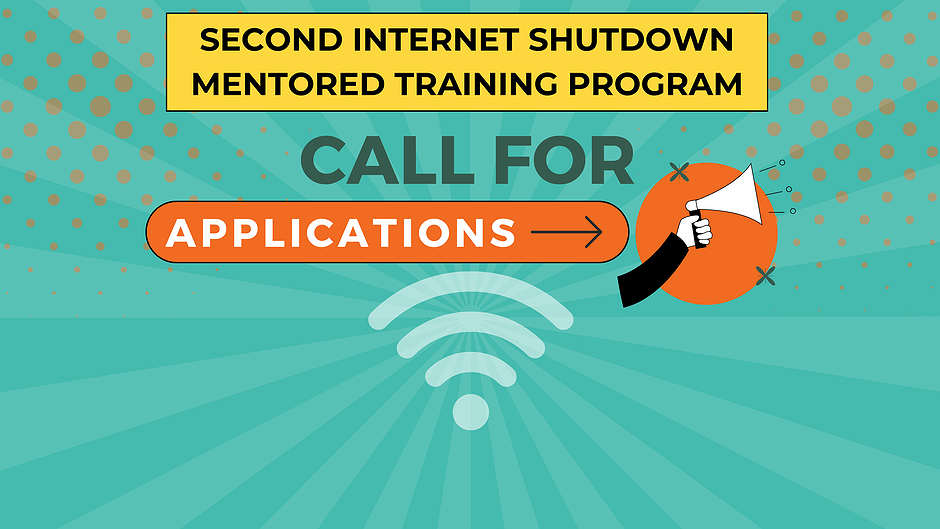
Stories of Resilience and Resistance from the Mentored Training Program
Due to the overwhelming demand for the first AA-ISA Mentored Training Program, we have decided to run the program again from February through April 2024. The program will provide support and community guidance as you go through the ten Advocacy Assembly Internet Shutdown Academy courses, as well as opportunities to engage with mentors, experts, and funders.

The Devastating Impact of Internet Shutdowns on Vulnerable Groups
Have you ever asked yourself how the internet shapes your life? It's a question we rarely pause to consider, yet the internet has become so woven into our everyday lives. From education and communication to commerce and entertainment, the internet facilitates a vast array of activities that enrich our lives. But what happens when this vital lifeline is suddenly cut off?
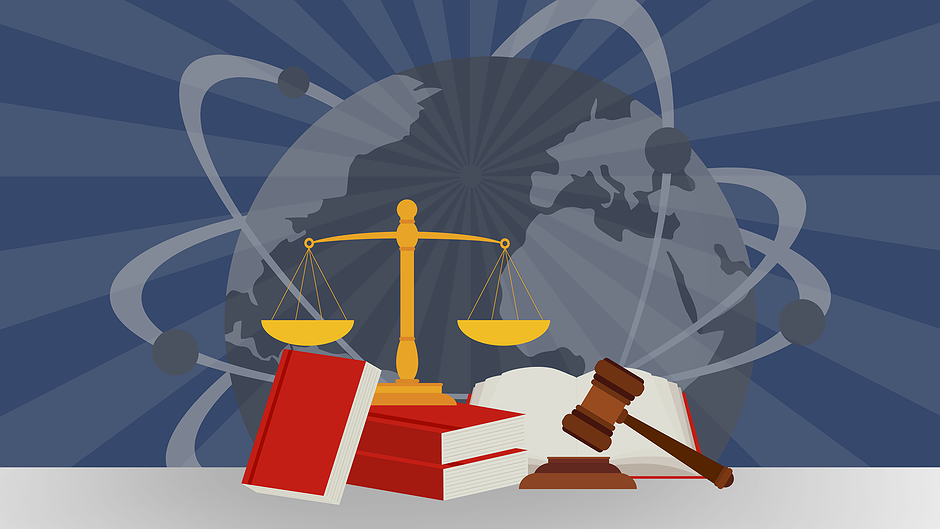
Challenges & Opportunities for Strategic Litigation Against Internet Shutdowns
As part of the Advocacy Assembly Shutdown Academy, we hosted a panel discussion on strategic litigation against internet shutdowns. In this panel, experts shared their experiences challenging shutdowns in court at national and regional levels and shared best practices for setting legal strategies. Read more...
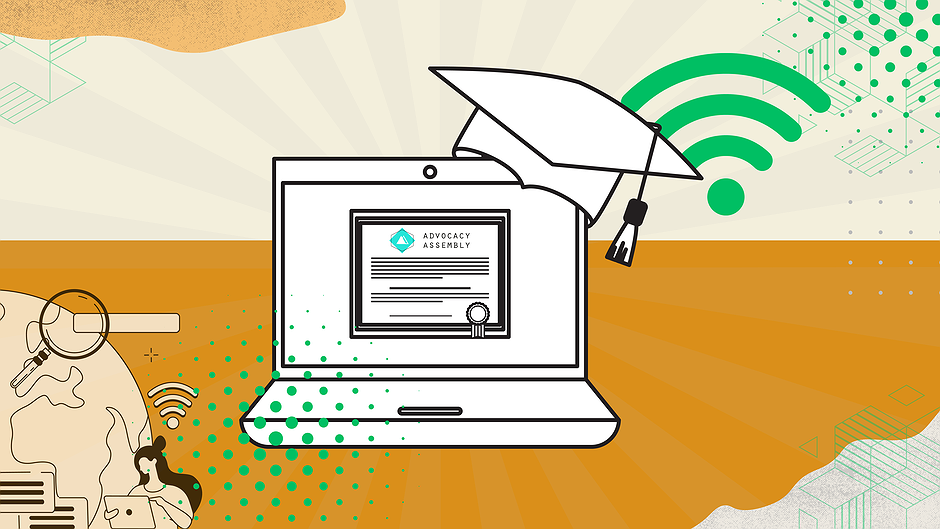
Ten Courses to Demystify and Combat Internet Shutdowns
When people lose access to the internet, they lose their fundamental rights and opportunities to connect with the world. Fighting such misconduct is a battle that echoes in every corner of the world, where advocates, journalists, and human rights defenders stand united against the growing threat of internet shutdowns. This is exactly why we launched the Advocacy Assembly Shutdown Academy. Read more...
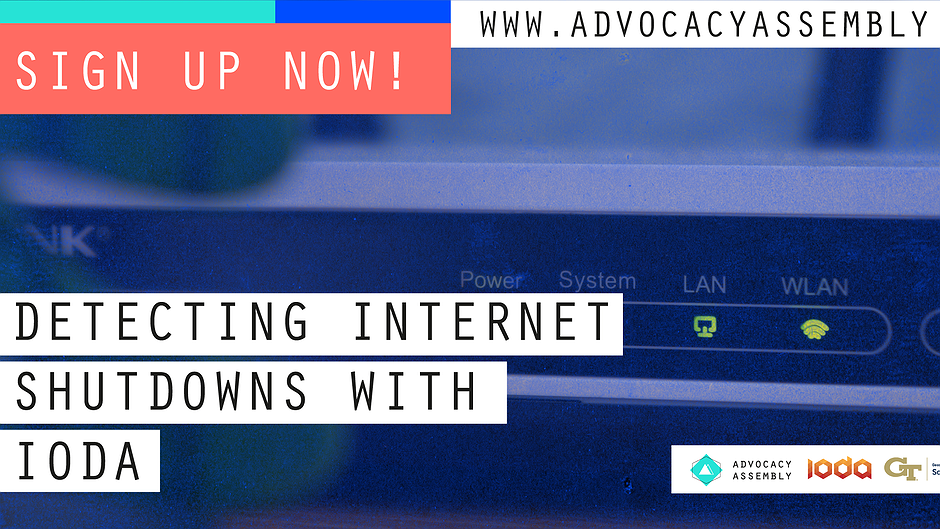
This online tool helps activists collect proof of connectivity disruptions
This article showcases a case study from our course ‘Detecting Internet Shutdowns with IODA’.

Defending Online Freedom: Three Organisations in Action
Internet freedom has been threatened globally due to the rise of censorship, internet shutdowns, and surveillance. Such actions have significantly impacted individuals' ability to access information, express themselves freely, and communicate with others online. In this blog, we will discuss three such organisations. Each of these organisations shared with us insights learned from their experiences as part of our new shutdown academy courses.
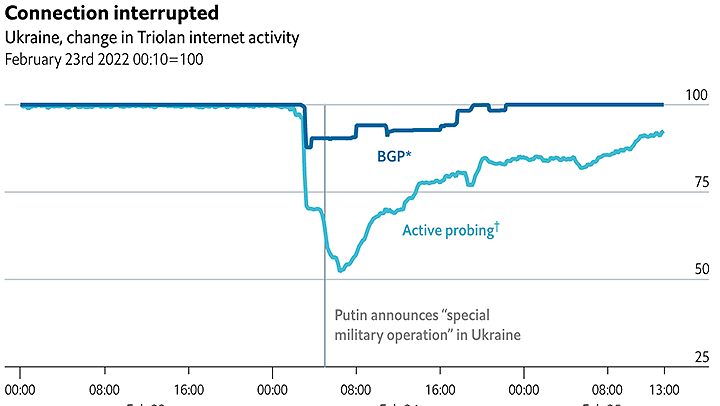
How The Economist uses IODA to report on Internet shutdowns
This is a case study from our course ‘Detecting Internet Shutdowns with IODA’, in our Internet Shutdown Academy, which features 10 courses in seven languages taught by experts from leading organisations. It is designed to educate activists, journalists, and anyone impacted by internet disruptions and online censorship.
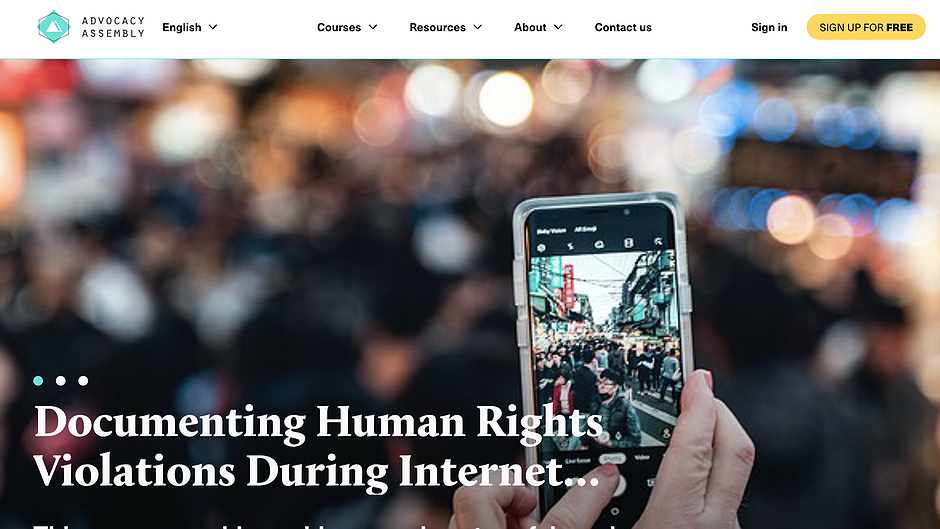
Relaunching Stronger: Discover Exciting Updates on Advocacy Assembly!
We're excited to announce the launch of our new website! Read more!
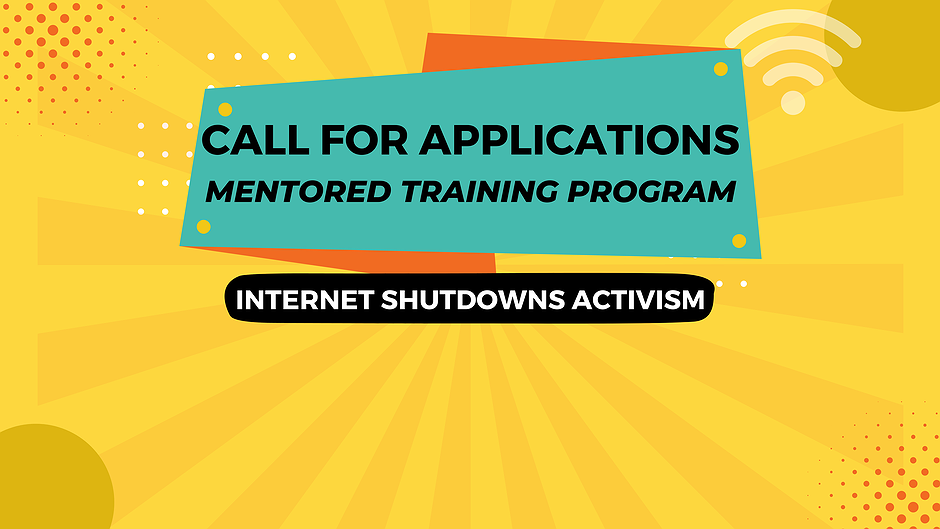
Internet Shutdown Mentored Training Program
Advocacy Assembly presents the Shutdown mentored training program, a six-week online initiative that features international experts and provides participants with the knowledge, skills, and resources necessary to prepare better for shutdowns and build an Internet shutdown advocacy campaign.

The human cost of internet shutdowns
In the age of technology, the internet has become a crucial aspect of daily life for millions of people around the world. From online shopping to social media and communication, the internet has changed the way we interact with one another and access information. However, internet shutdowns are increasingly becoming a common occurrence in many countries, with potentially serious consequences for citizens and their rights.
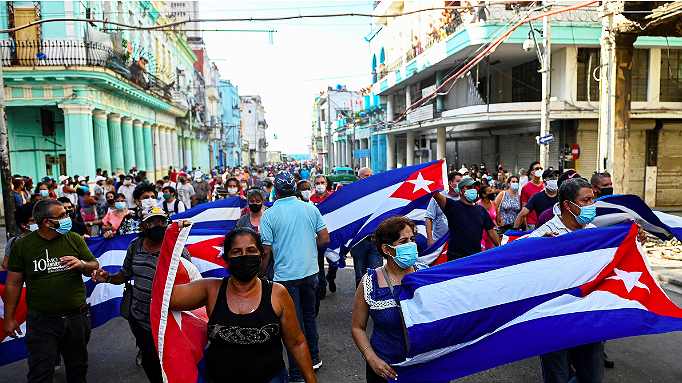
Case study: Experiencing a shutdown in Cuba during protests
In July 2021, Cuba saw the largest protests in more than 100 years taking place throughout the country. Cubans flooded the streets to demand better access to food, water, medicine, and COVID-19 vaccines, calling for government reforms. The first protest took place in a small town out of Havana called San Antonio de los Baros. The unrest was live-streamed on Facebook and had a domino effect throughout the country. Read more..

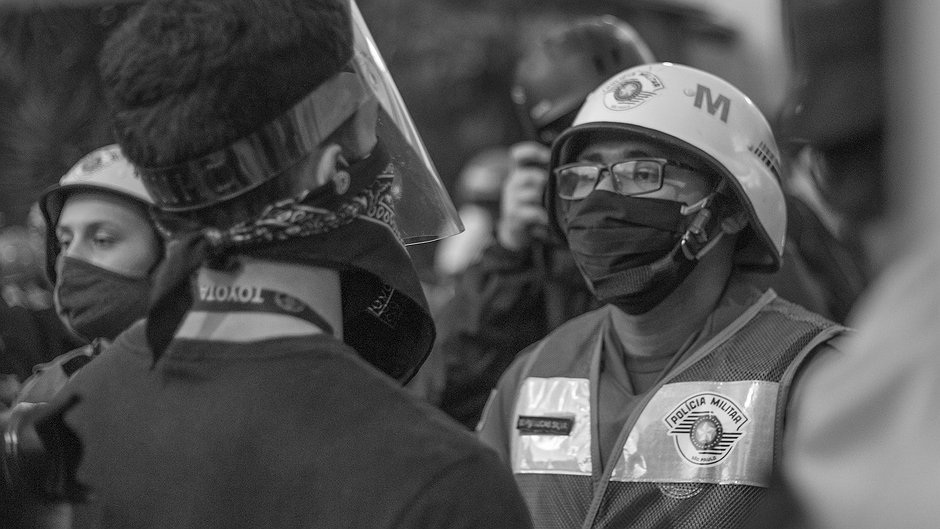
Year in Review: What Advocacy Assembly learned in 2022
What the Advocacy Assembly team learned about digital rights and internet freedom in 2022.



Pride Month, internet shutdowns and the effect on LGBTIQ groups
June has long been synonymous with Pride Month – the moment to commemorate years of struggle for civil rights for the ongoing pursuit of equal justice for the lesbian, gay, bisexual, transgender, and queer community. But how is this linked to internet shutdowns and online censorship. And how are internet rights connected with the rights of minorities?
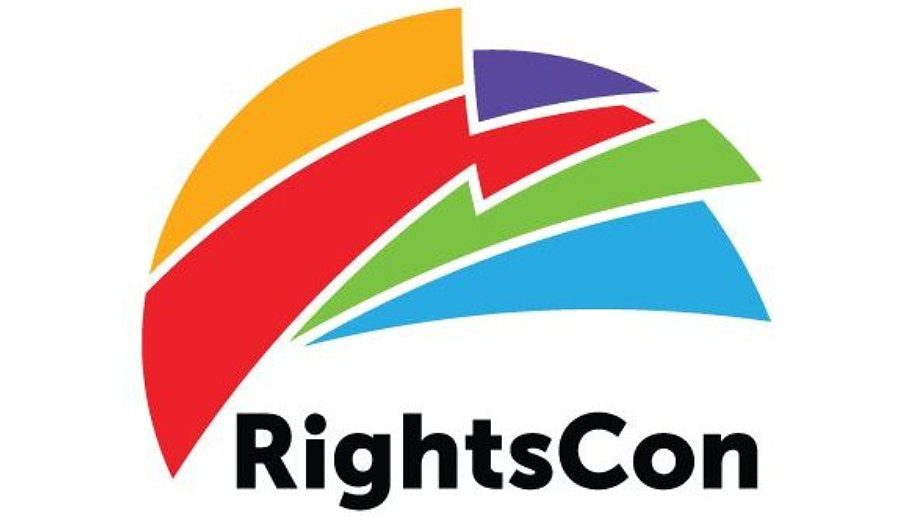
5 highlights from RightsCon 2022
5 highlights from RightsCon 2022
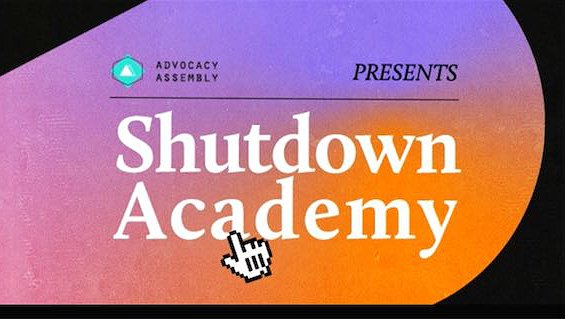
Welcome to the Advocacy Assembly Shutdown Academy
Internet shutdowns are on the rise globally. This is why we have launched the Advocacy Assembly Shutdown Academy -- to share all the valuable knowledge and skills needed to help people to identify, measure, circumvent and advocate against shutdowns.
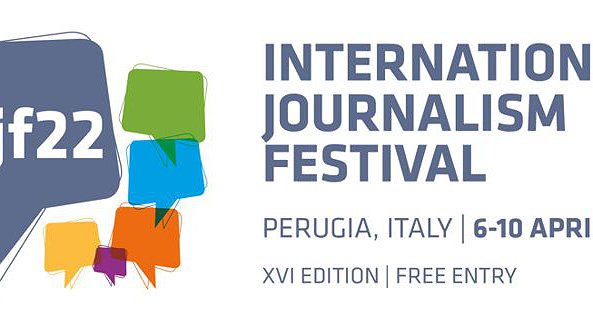
International Journalism Festival 2022: 4 panel talks to watch now
After a two year hiatus, the International Journalism Festival finally returned to Perugia, Italy in April 2022. The Advocacy Assembly team attended the conference and took the liberty to summarise our favourite panel talks from Perugia. For those who couldn’t make it in person, here are some impressive recorded panels to watch from the comfort of your home.

Diplomacy and the Art of Advocacy at the UPR
Back in June 2016, the UN passed a resolution affirming the notion that all human rights enjoyed offline should also be guaranteed online. Despite this, it’s no secret that digital rights are in crisis globally. Threats of state surveillance, censorship and malicious attacks are more widespread than ever before, and it’s time that the full capabilities of international human rights mechanisms were deployed to help stem the tide. That’s where UPROAR comes in.
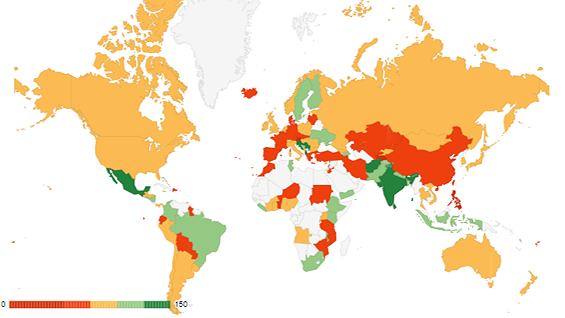
The History of the Right to Information
With the launch this week of Advocacy Assembly’s new course on The Right to Information for Human Rights Advocacy, it is perhaps time to reflect on the history of this now widely recognised right, which gives individuals a right to access information held by public authorities.

Join our Team: We’re hiring a social media coordinator
Small Media is excited to announce a new opportunity to work within our team. We are seeking a Social Media Coordinator to lead two Small Media projects, Advocacy Assembly and UPROAR.
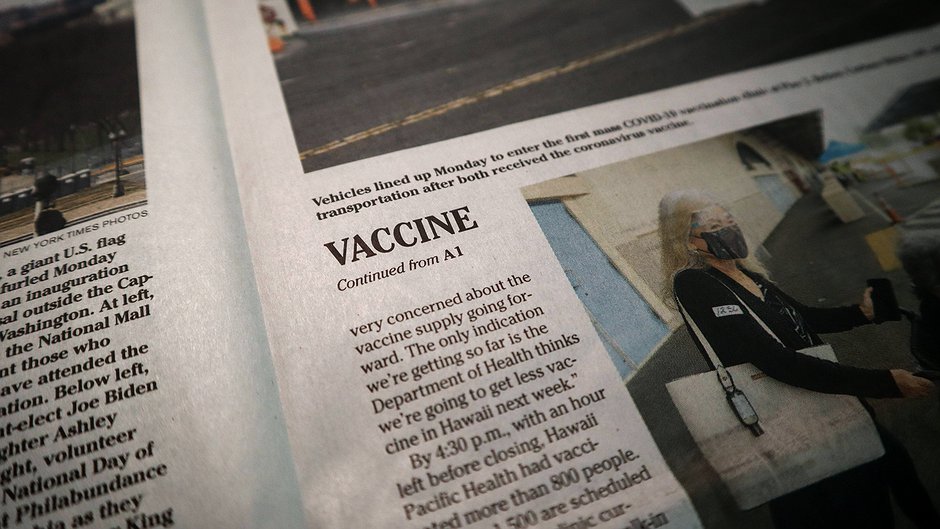
5 tools and resources for COVID-19 reporting
With recent research showing the pandemic could become endemic, there’s no letting up for journalists when it comes to providing accurate and timely COVID-19 coverage for audiences. From the Delta and Delta Plus variant to the vaccine race, the latest rise in coronavirus cases means reporters need to continue to stay on top of the latest research and information to report responsibly and not amplify any uncertainty.

COVID-19 journalism funding opportunities to apply for now
To help you deliver live-saving information to audiences, here are three coronavirus funding opportunities that have rolling deadlines you can apply for now.

5 journalism podcasts to listen to
Podcasts present an amazing opportunity to look into so many different ways that journalists work. This is a selection of five inspiring podcasts that we've been checking out.

Journalism conferences to attend in 2021
All media conferences have moved online since the pandemic hit in March 2020. While we are all missing face to face networking, the vaccine rollout and rapid testing are helping to bring in person or hybrid events back. Let’s take a look at what’s on for the rest of the year.

What human rights researchers need to know about vicarious trauma
Why is it important to know about vicarious trauma as a human rights researcher?

Setting up a workstation for open source investigation
If you are new to open source investigation, setting up an organised workstation is critical. Below is some advice from Amnesty International’s Mitch Paquette guiding you through the process.

Digital security advice for OSINT researchers
Protecting your identity online is integral to safely conduct an open source investigation. In the video below, Likhita Banerji from Amnesty International provides 12 useful tips for managing your digital security online during an investigation.

Blindspots for open source investigations
It is no secret that open source information is changing the ways human rights fact-finding occurs.
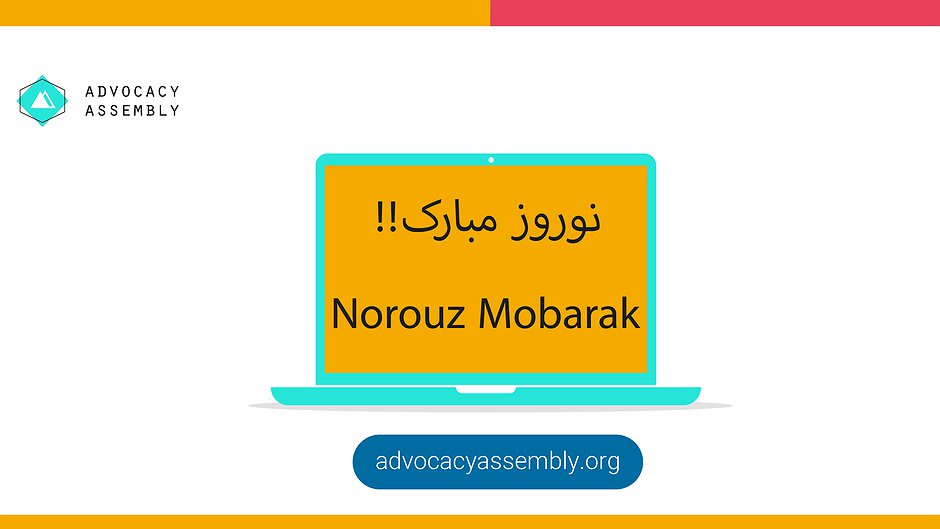
Happy Norouz: A letter to our Advocacy Assembly users
To celebrate the Persian New Year and welcome the Spring season, we thought it would be a good moment to reflect on some of what Advocacy Assembly has accomplished during this eventful but difficult year.

Establishing an effective workflow for open source investigation
When conducting an open source investigation, it is important to develop an efficient and effective way of working. Below are some tips on the best practices for setting up a workflow from Amnesty International’s Sophie Dyer.

Verification checklist for open source investigations
Open source investigations can be a challenge. There are many pieces of the puzzle to think about. To help verify content, here is a resource developed by Amnesty International showing a digital verification checklist.

How to develop a verification mindset
Before introducing tools or methodologies, it is important to first understand verification as a mindset. For this, we have a brief warm up exercise.
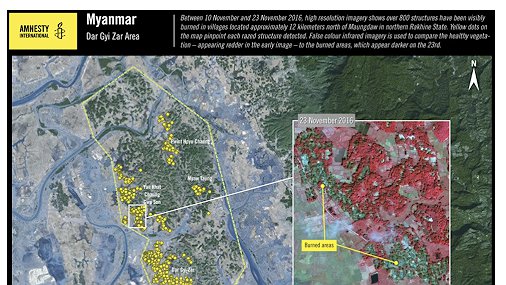
3 types of information used for open-source investigations
Let’s examine the different types of open source information human rights researchers use for their work. These include satellite imagery, public records and social media.

The basics of open source investigation for human rights
Human rights researchers and advocates have long used open source information to verify or corroborate evidence for human rights violations. But access to mobile phones, satellite imagery and social media has transformed the accessibility of this content.

How to enrol in Advocacy Assembly courses
Welcome to the Advocacy Assembly multilingual training platform for human rights activists, campaigners, and journalists. If you are new to Advocacy Assembly, you may need to better understand how to enrol in a course.

Data Privacy Day 2021: 3 digital security tools to stay safe online
3 free digital privacy tools for journalists and activists to download now!!

Amnesty launches open source human rights investigation courses
Advocacy Assembly is delighted to announce we have launched two new courses developed by Amnesty International to train people in how to carry out open source research for human rights investigations and advocacy. Human rights researchers, activists and journalists are among those who will benefit from these two free online courses on the rigorous methodologies employed by Amnesty International’s Digital Verification Corps – an award-winning partnership with seven global universities.

Open Data Inventory 2020/21: How open is your country’s data?
Using publicly available data is essential for both journalists and activists. Journalists are turning to open data to find untold stories while activists rely on it for measuring and finding solutions to the world’s problems. But finding open data in the first place can be a challenge given not all countries share national data in an accessible way. In this year’s Open Data Inventory 2020/2021 put out by Open Data Watch, the index ranks 187 countries.

How Domestic Messaging Apps Remain A Threat to Digital Rights In Iran
In Iran, internet users frequently see and feel the effects when their government undermines human rights online. Just over one year ago, Iranian authorities imposed a weeks-long internet shutdown to provide cover for the violent suppression of nationwide protests. Since then, the government has worked to expand its "National Information Network", and to further limit users' rights online.

Getting to know Iran's Internet Policy
Filterwatch provides wide-ranging research and analysis about the state of digital rights in Iran, available in both Persian and English. The site seeks to provide tools and resources to keep our readers informed, and enable human rights advocates, journalists, and campaigners to advocate for a free and open internet in Iran.

How to gain confidence before an interview
Building confidence before a big interview is key for any and every journalist. Preparation is a major part of conducting an interview that helps secure your story. Here are some top tips to help you prepare.

On the record vs Off the record: What’s the difference?
Handling anonymous sources is never easy if you are a journalist. Reporters new to the field or even interviewees can be confused by the different ways of attributing information from an interview. In Advocacy Assembly’s latest course on Interviews for Investigative Journalists, we break it down for you and provide insight on when it is good to go off the record, on the record and on background. To help you along the way, here is a list of definitions taken from the AP Styleguide.
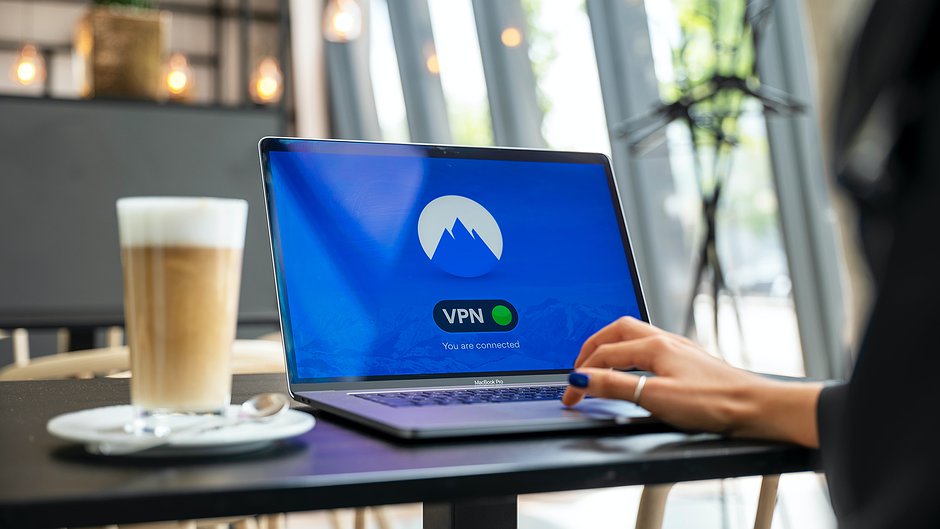
Digital security tips for investigative interviews in high-risk countries
Conducting interviews and obtaining information from sources based in high-risk countries requires extra vigilance when it comes to digital and physical security. But how do you protect yourself, your sources and the information you obtain. Whether it is a face to face interview or sharing digital material online, here are some top tips to help you stay safe and secure.
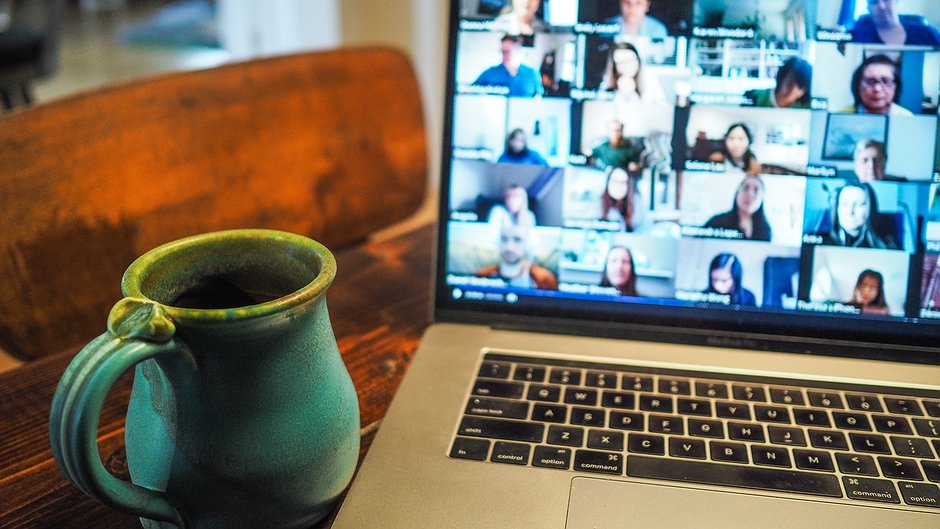
4 virtual journalism conferences to attend in 2020
Most media conferences have either moved online in 2020 or have been cancelled due to the pandemic. While we are all missing face to face networking, you can attend more events than before. Let’s take a look at what’s on for the rest of the year.

Digital rights competition extended! Enter today!
You’re in luck! Advocacy Assembly’s contest with UPRoar has been extended until 4 August 2020.
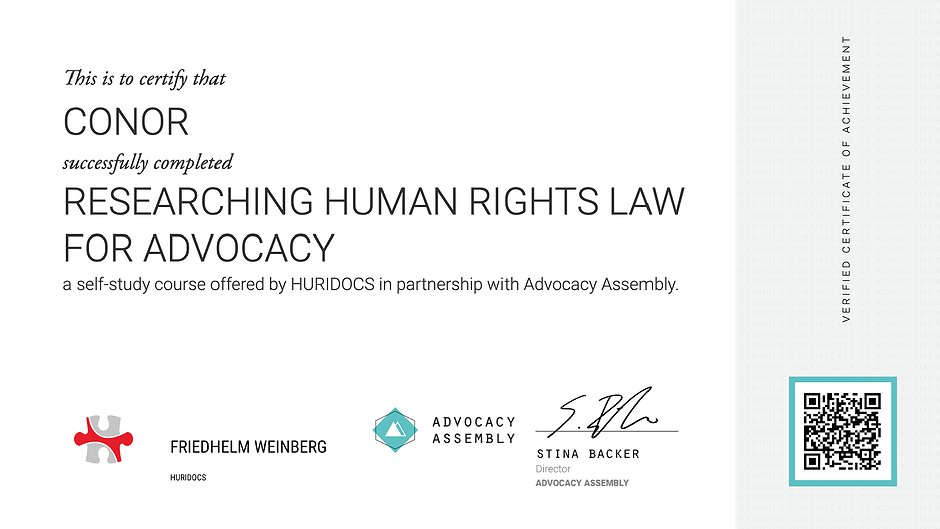

How to record your interview safely and securely
Recording an interview is very important for several reasons. Read more.

Take part in our new Digital Rights competition with UPRoar
To help human rights defenders and advocates build their research and advocacy skills with the Universal Periodic Review (UPR), UPRoar is launching a new competition today!
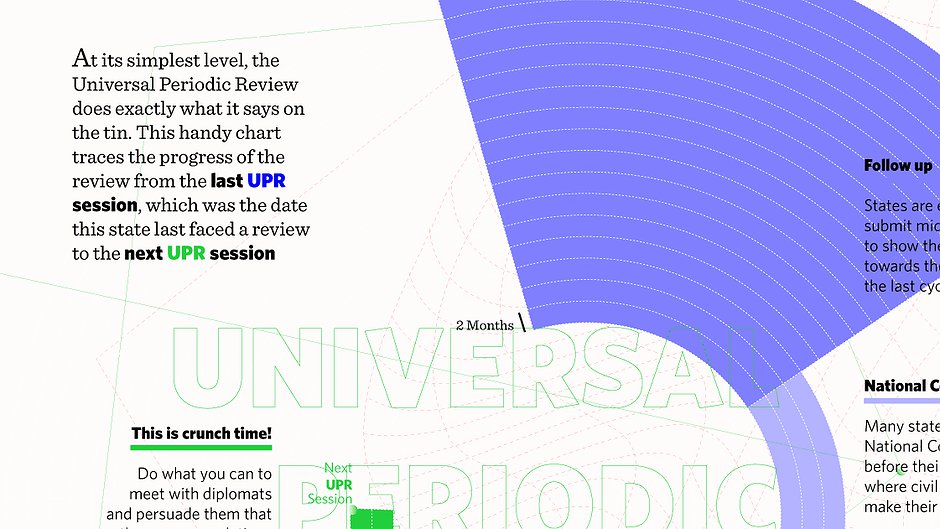
New dataviz tool helps human rights activists track complex UN lobbying tasks
The Universal Periodic Review is an effective UN mechanism for engaged citizens and civil society to hold governments to account for upholding human rights. But researching a country’s human rights track record is no small feat. To help advocates and human rights researchers, Small Media and Data4Change, are launching UPRoar Tools, an interactive data driven tool that analyses more than 77,000 rows of data to help human rights activists conduct more effective advocacy at the UN.
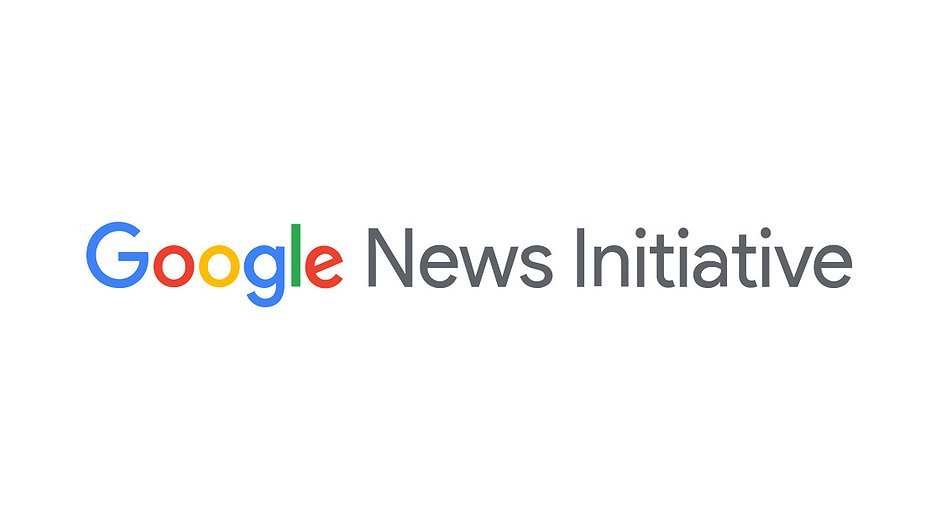
How journalists can bring machine learning into the newsroom
A number of news organisations over the past few years have been embracing the power of Artificial Intelligence (AI) in journalism. Read more.
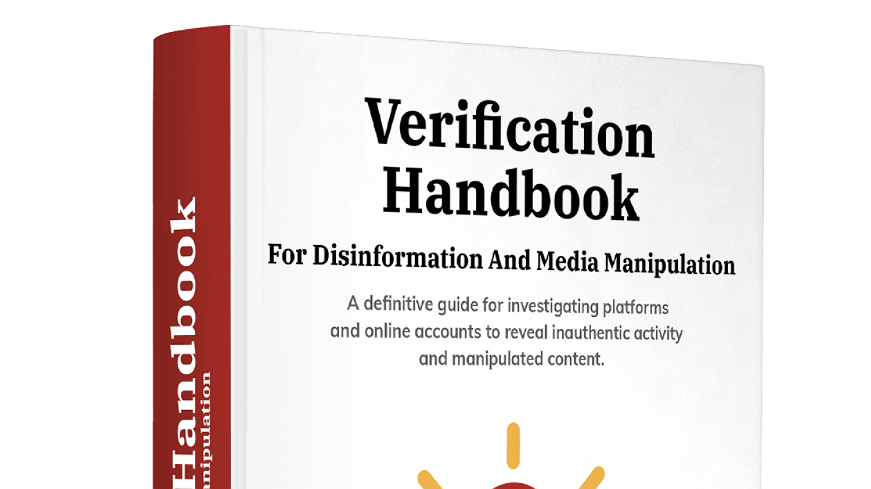
How journalists and activists can investigate disinformation online
The past few years have placed journalism under fire. The volatile news environment is due to a range of factors transforming the information landscape, raising questions about the quality, impact, and credibility of journalism. At the same time, orchestrated campaigns are spreading untruths - disinformation, and misinformation - that are often unwittingly shared on social media, in the media and on messaging apps. Read more here...

How to use our time wisely in a pandemic: Learning for journalists
As the COVID-19 crisis continues to deepen, it's almost impossible to avoid thinking about how much we can use this time at home as journalists to learn a new skill. There are so many organisations promoting online learning at this time. Here is a round-up list of some online courses you can sign up for today.

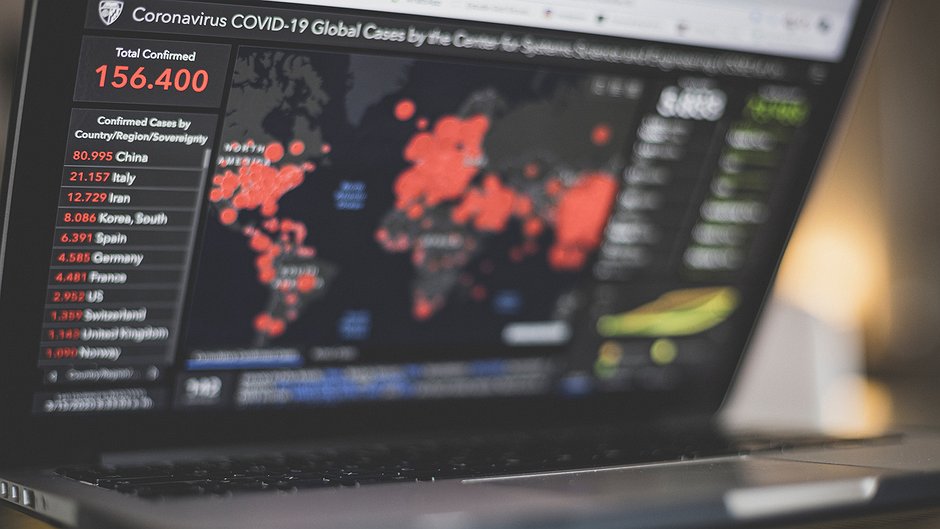

6 useful resources for journalists covering Covid-19
With a global pandemic spreading throughout the world, journalists are under increasing pressure to report accurate and relevant news for the masses. Often when covering a crisis, those on the reporting frontlines compromise their physical safety and mental health. To show some solidarity, the Advocacy Assembly team curated a list of useful resources from other organisations leading the way on this.

4 things to know about closing the media’s gender gap
March is both Women’s History Month and International Women’s Day. Since a big part of what we do is training journalists, the Advocacy Assembly team wanted to highlight the media industry’s status for closing the gender gap. Here are four key facts to know from the UN Women’s data visualisation examining women’s representation in society.

How to interrogate your data
As journalists and activists, Open Data – data made publicly available by governments – is hugely important to our work. The advantage of open data is you don’t have to put in a long Freedom of Information request to find out what is happening in your community. Of course, not all government public data is openly available.
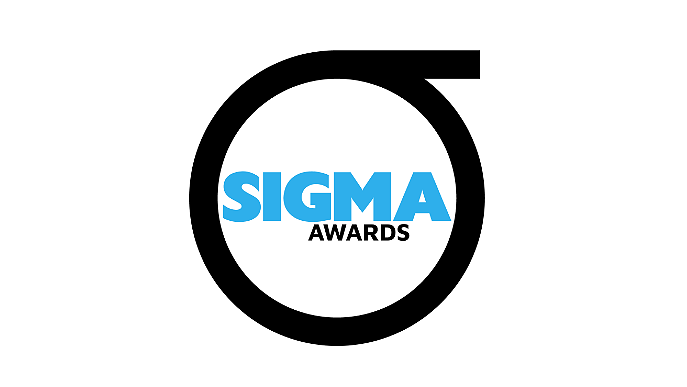
Who won the 2020 Sigma Awards?
The results are in for the 2020 Sigma Awards - the new data journalism competition that launched this past January. Here are the winners and organisations.

First steps to shaping attitude change for campaigning
Changing the world to reflect our vision of equality and justice is a campaigner’s dream. But even dreams are made of sequences. This is why we campaign one step at a time. And while campaigners strive to change everybody’s hearts and minds all at once, it is more realistic to keep focused on achievable and realistic objectives. A realistic campaign sets you on a journey where you will change the attitudes of a limited audience on a specific issue at a specific time.

How to promote your podcast and make an impact
Outreach and promotion are crucial to connecting with and expanding your audience. We’ve got six ways for you to extend your reach.

Global Journalism Conferences to attend in 2020
Want some inspiration for 2020? Conferences are a superb opportunity to discover new trends in media and network with your peers. With interesting speakers and compelling training sessions, attending these events can help you become a better storyteller. A slew of media conferences are happening in 2020. Let’s take a look at what media conferences are on around the globe.

Four Journalism Fellowships to apply for in 2020
Here you will find a selection of some of the best journalism fellowships preparing you for today’s fast-paced digital newsroom. Apply today and expand your skills and mind.

3 ways to persuade your audience with podcasting
More and more activists and campaigners are turning to podcasting to tell important stories to get the message out about important issues. There are a number of different modes of persuasion podcasters can use to convince an audience to care and act. Read more here.

The 2020 Sigma Awards: New data journalism competition launches
Journalists! Did you produce a compelling data journalism project in 2019? If so, then you may want to apply for The Sigma Awards, the brand new global data journalism competition now open for entries.

Learn how to research international law for human rights advocacy
International human rights recommendations, commitments and precedents can be powerful tools, but are hard to find. This free course from HURIDOCS and Advocacy Assembly can help activists get started.

5 reasons to use audio in your storytelling
Sound, voice, and audio are important formats for storytellers. Taking advantage of radio networks and podcasting is an excellent way to reach thousands and thousands of people. Here are some of the advantages of using audio as a storytelling medium.

Podcasting: How to write the way you talk
Writing how we talk is essential to creating a good relationship with your listeners for podcasting or any audio storytelling. You want your podcast to sound natural and in order to do that you need to unlearn how you’ve learned to write.

6 ways human rights defenders can define a research question
You need to make sure you are asking yourself the right questions before you begin researching an idea for a human rights campaign. This often starts with a research question. But how do you come up with the right research question. Here are six questions you should ask yourself to determine your topic and also ensure you do no harm.

Top interview tips for human rights researchers
Interviewing victims of human rights abuse for testimony-based research can be a sensitive matter. To help you get the most out of your sit down interview, we’ve come up with a number of top tips. Read more here...


Boost your digital security with more secure video calls
Activists and journalists are increasingly the victims of digital security problems like hacking and online censorship. That’s why having secure video conferencing calls or voice calls are essential to keeping your digital footprint minimal. Here are seven things you can do to ensure you aren’t compromising your sources, contacts or your work as an activist or journalist.

8 tips for a more secure smartphone
Activists and journalists are increasingly the victims of digital security problems like hacking and online censorship. With smartphones, you could be unknowingly increasing your risk of threats by not taking certain precautions. Here are eight things you can do to communicate more securely through your smartphone.

10 tips for more secure email
Email is an important part of the work that you do, but it is also a very insecure tool. Most emails have no encryption, which means that it is possible for organisations like the internet service provider (ISP) in the path of the email being sent to intercept and read the mail. Also, the service provider may be legally forced to hand over copies of any mail on their servers to governments who demand them. Here are some basic steps you can take to make yourself more secure.

4 Places to Find Free Online Journalism Training
As a freelance journalist, activists or even as an editor you might not have the time to enrol in a long college course to brush up your skills and stay updated with all the latest journalism trends. This week we gathered four platforms that offers free online trainings, recorded webinars and courses that revolve around journalism.

4 Digital Publishing Platforms You Can Start Using Today
Publishing your work online can quickly become a tedious task with so many online platforms for writers these days. Before you begin looking places to share your work, we suggest you have a look at this week’s roundup of digital publishing platforms that can help you really connect with readers and build an audience.

5 ways to preserve and protect your footage for future sharing
From smartphones to DSLRs to YouTube and Snapchat, the number of tools and platforms for producing and sharing video are growing all the time. But the challenges remain the same. How do you store and archive your data for future use and sharing? Here we outline five steps you can take to preserve and protect your video footage for future sharing..

3 go-to databases for boosting your human rights research
Want to improve your country’s human rights and hold the government to account? A great way for advocates to get started is to look at different research databases to see what governments committed to in legally-binding treaties, what cases have been brought against them and what countries are recommending to each other through the Universal Periodic Review. All of this gives you opportunities to show how your advocacy claim is backed up by international law and why it deserves urgent attention.

Five top digital security tips to protect your video
When it comes to digital security and recording video, protesters and activists have to take the highest precautions to protect their sources. What are the best steps you can take when wanting to protect critical information relating to your video? If you are worried about revealing sensitive information to the wrong people, there are several things you can do when it comes to protecting your video.
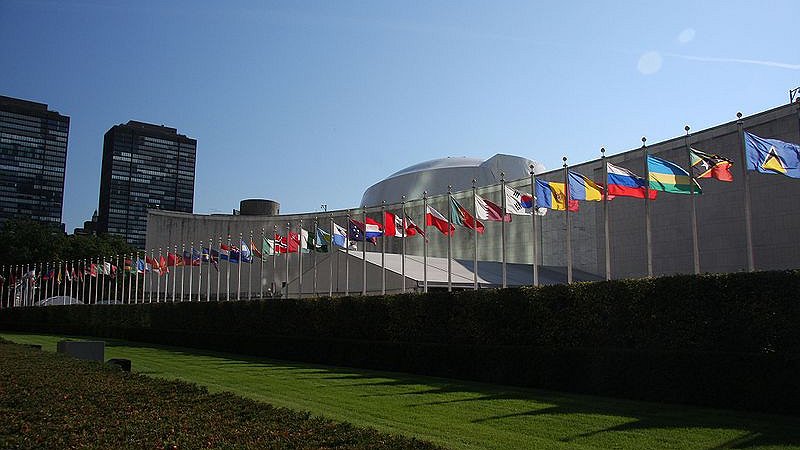
Can the Universal Periodic Review hold governments accountable on digital rights?
Since the signing of The Universal Declaration of Human Rights (UDHR) in 1948, people and governments have become used to discussing human rights and their country’s records on them, while the concept of human rights online is still quite new.

4 multilingual journalism guides to access now
Whether you’re a bilingual reporter or a trainer looking for multilingual resources, these platforms will provide you with research papers, guides and much more in various languages.

5 things to know about the future of journalism
Here are 5 things everybody needs to know about the future of journalism.

7 steps to leading a cross border investigation
Successful cross-border investigations have highlighted that, with rigorous journalism, the powerful can be held accountable. From exposing the rogue offshore finance industry in the Panama Papers to Europe’s drug industry treating EU citizens like guinea pigs, a number of powerful stories have come to light from journalists collaborating across continents. Read more below.

3 investigative reporting conferences to attend in 2019
Conferences are a brilliant opportunity to boost your skills and network with your peers. With interesting speakers and compelling training sessions, attending these events gives you the chance to become a better storyteller. Let’s take a look at what events are happening for the rest of the year for investigative reporting.

4 Online tools for any NonProfit
When selecting an online tool for your nonprofit the choices are unlimited. That's why we suggest that you weigh the costs and benefits. Sometimes the best tool isn’t the most expensive one, and sometimes a tool that costs $30 a month might save you hours of work each week. If possible, always use the trial period to test whether the tool is right for your nonprofit and in case your still not sure we have rounded up 4 tools we think every nonprofit should use.

4 Social Media trends shaping today's work
Just when you think you have mastered all your social media tools, something new comes along the way to change how you market your work and connect with your audience. And staying up to date with all that is happening in the social media world has become a necessity for survival these days. This week we are sharing 4 trends we think everyone should be aware of whether your an activist, journalist or even a freelancer.

5 top tips for understanding public documents
Public documents are widely seen as some of the most basic building blocks of good investigative journalism, although access to such documents varies from country to country. Public documents can help uncover the wealth of public figures, corruption in campaign finance or public spending by government officials. Understanding and scrutinizing public documents are essential to in-depth reporting and have helped tell some of the biggest investigative stories around the world.
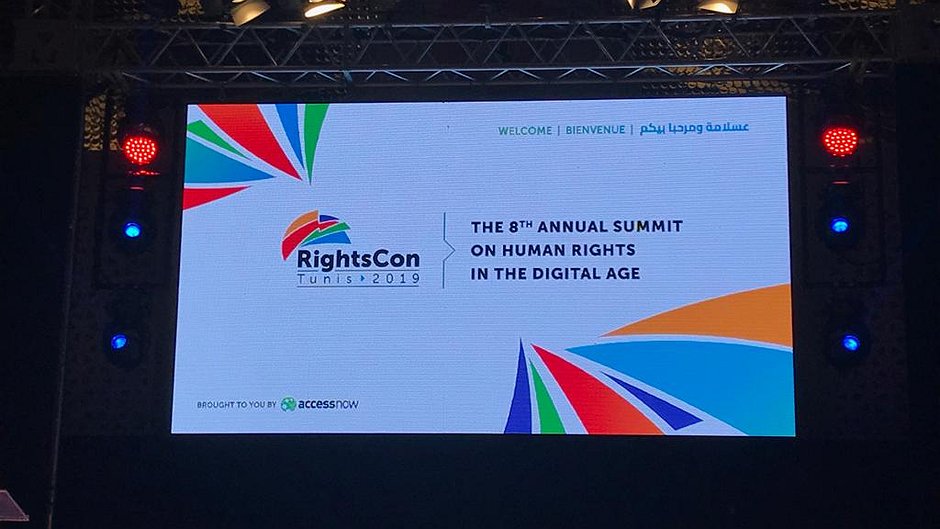
Rightscon 2019 roundup: AI, surveillance and open source investigations
If there’s one conference not to miss in 2019 for human rights defenders and journalists, it was last week’s RightsCon conference. This year, more than 2500 participants from 130 countries attended the summit in Tunis, Tunisia. To mark Advocacy Assembly’s RightsCon attendance, here’s a roundup of some interesting trends and takeaways from the event.
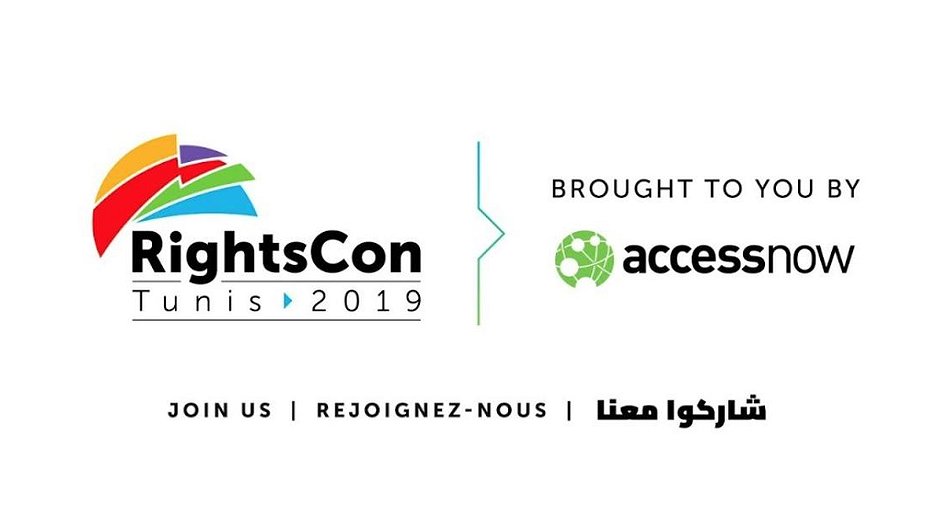
Join us at RightsCon 2019
RightsCon is the world’s leading summit on human rights in the digital age will be bringing together more than 200 participants from130 countries this year and will take place from June 11-14 in Tunis. This year we are presenting a panel “Creating effective multilingual e-learning experiences for activists in closed societies”. Join us as we discuss tips on how to create localized e-learning experiences in different languages.
